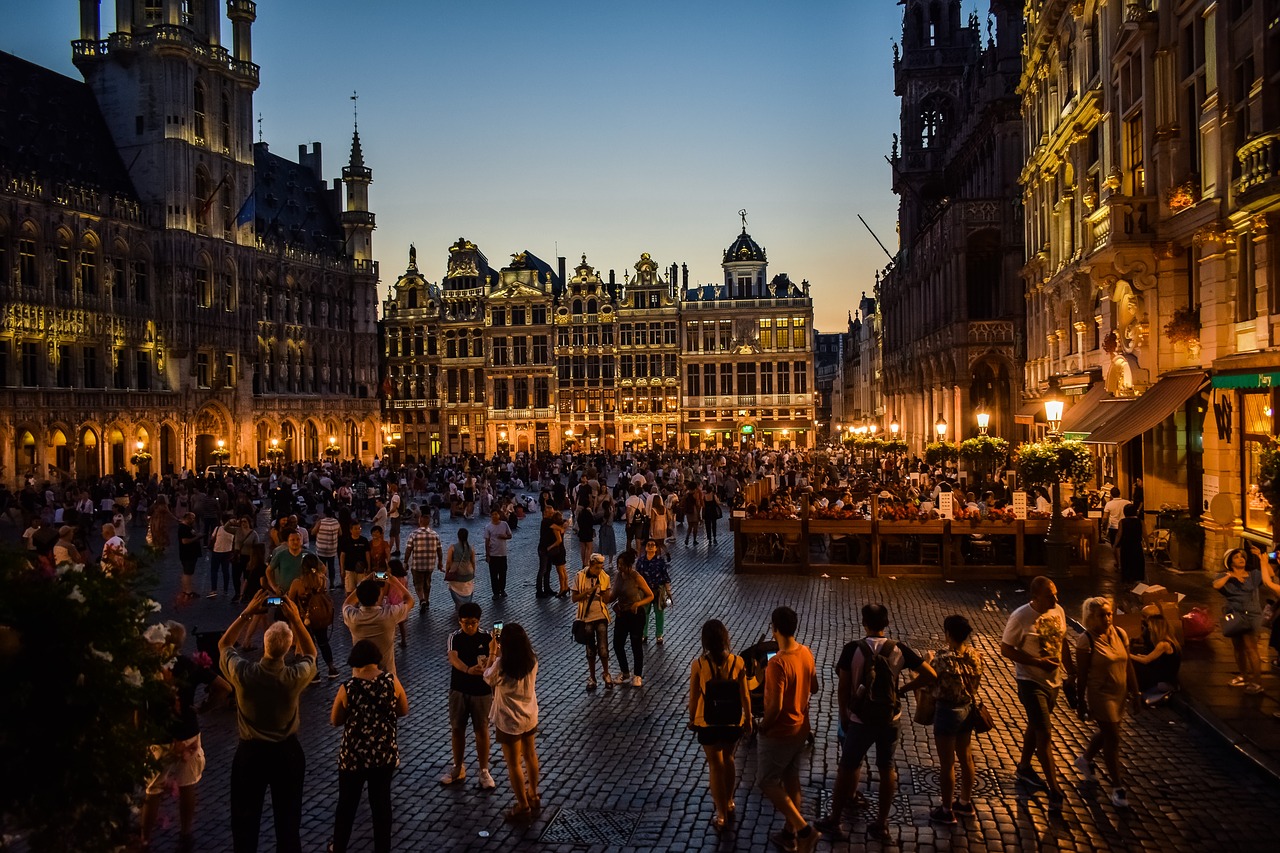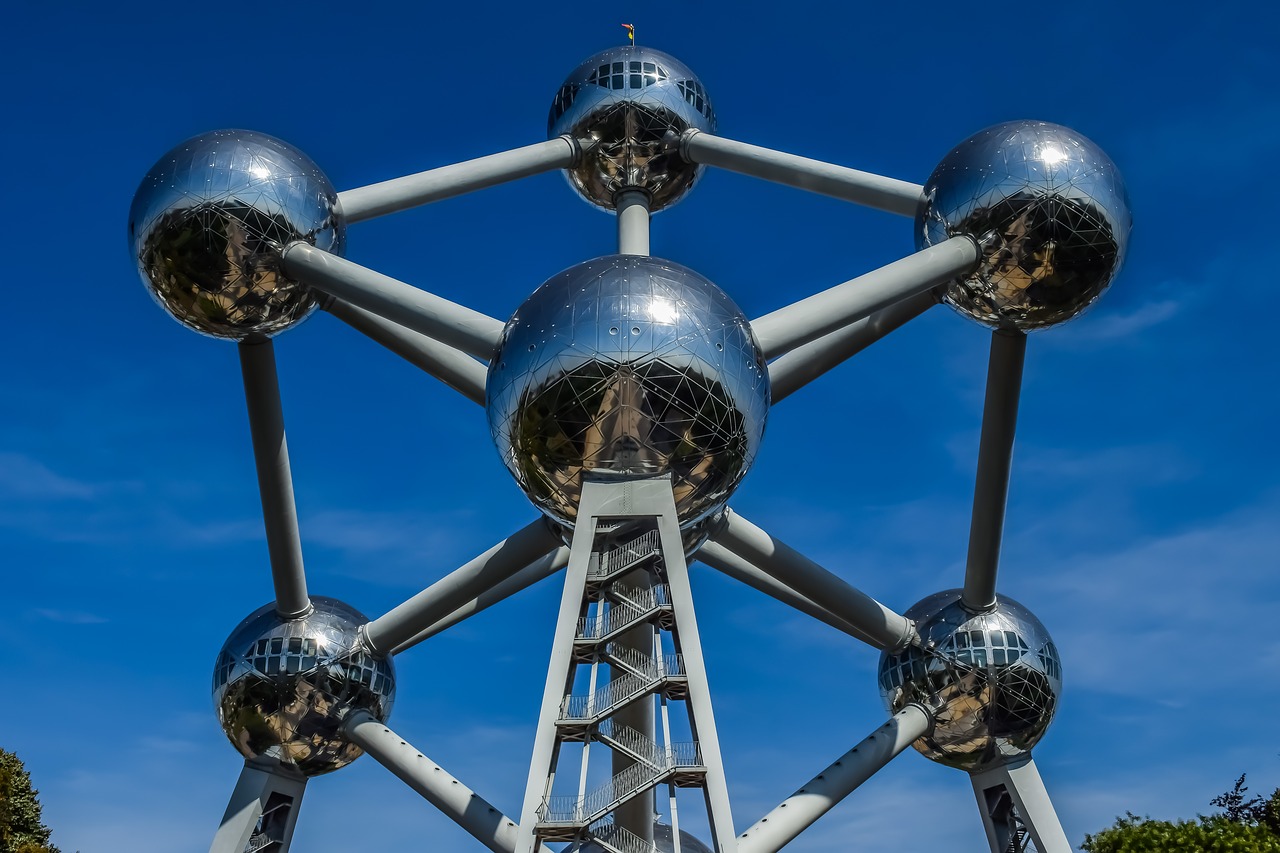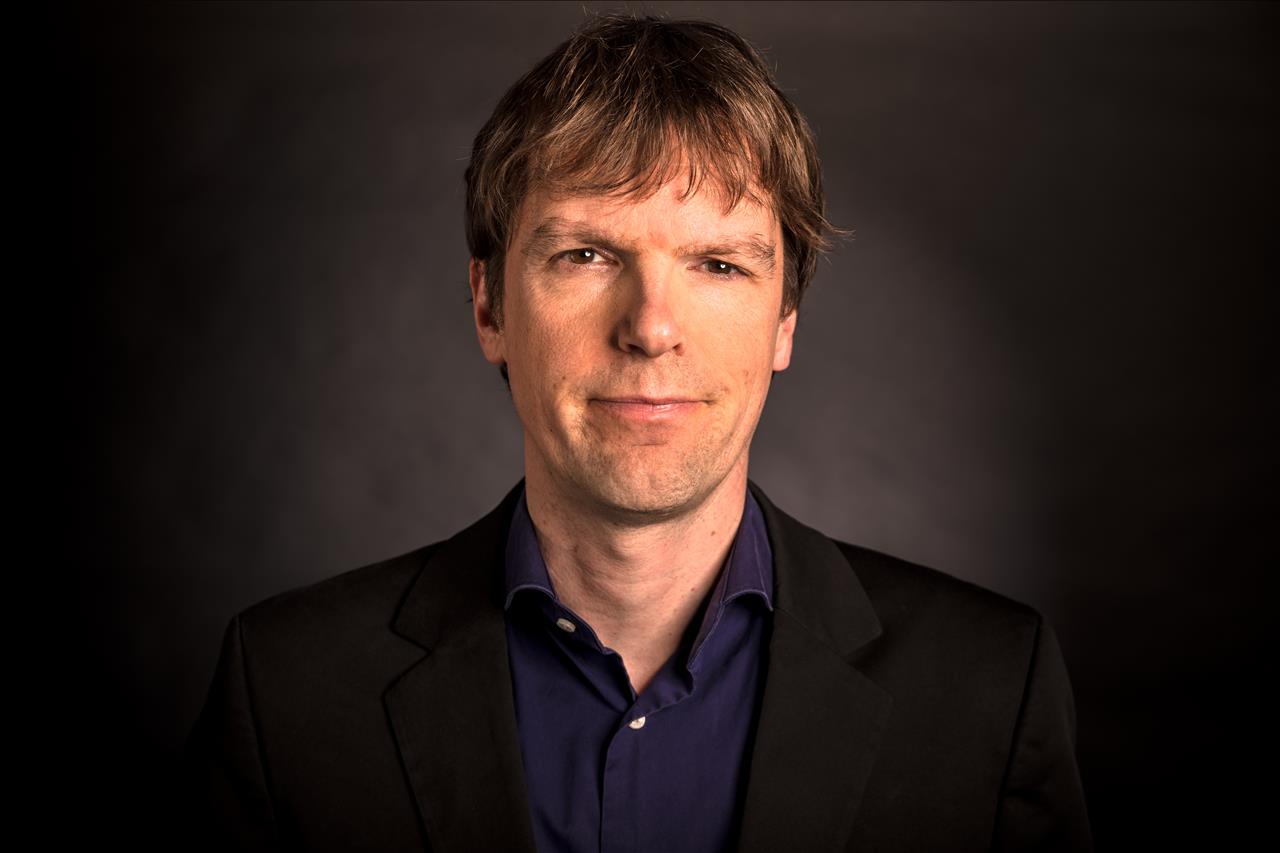
Brussels
With the utmost respect to Bert Appermont, even the greatest composers throughout history have struggled to fully encapsulate in their music the incomprehensible, unfathomable reasoning behind acts of unspeakable evil.
What occurred in Brussels on 22nd March 2016 (as in other attacks that both preceded and followed it) in the nauseous name of a warped sense of ideology defies rational explanation.
However, what is all too clear to understand, is the lasting sense of fear, repulsion and sorrow that resulted from it, and from the dispiriting fact that history will surely repeat itself ad infinitum; Paris, Nice, Manchester, Yemen...
Deeply heartfelt
In that context alone, ‘A Brussels Requiem’ is a deeply heartfelt, sincere exploration of the emotions and questions triggered in the self-conscious mind of the composer to the 32 deaths and over 300 life changing injuries suffered by innocent human beings - and how that senseless tragedy has changed perceptions towards cultural and religious tolerance and understanding.
However, what is all too clear to understand, is the lasting sense of fear, repulsion and sorrow that resulted from it, and from the dispiriting fact that history will surely repeat itself ad infinitum; Paris, Nice, Manchester, Yemen...
It may seem troubling that such a terrible event has inspired (if that is the right word for it) the writing of a major test-piece for the brass band medium - although the emotional impact of wanton terrorist atrocities has been sought in part by George Lloyd’s ‘Royal Parks’ in response to the 1982 Regent’s Park bombing, and more latterly by Simon Dobson in ‘Horrorshow’, which paid tribute to the people of Paris in the aftermath of the 2015 Bataclan attack. Curiously, all three were initially premiered at the European Championships.
Dignified remembrance
‘A Brussels Requiem’ has no descriptive linear template or narrative; neither does it strike you as being a work of great religious faith either. Instead, Appermont has given us a composition of dignified remembrance; of secular emotional intensity, thoughtfulness and layered perception.
Much has been made of the small cuts made to the score – but in truth these (made with the full endorsement of the composer) do it no harm.
The bleating self righteousness that has emanated from certain sources about the loss of musical integrity has been comical. Heaven forefend any conductor who would consider tampering with a score for their own contesting benefit…
The bleating self righteousness that has emanated from certain sources about the loss of musical integrity has been comical. Heaven forefend any conductor who would consider tampering with a score for their own contesting benefit…
Textural transparency
Given Appermont’s respected reputation as a very fine symphonic orchestrator, they would be better off employing their talents in giving consideration to the dynamic balances of much of the ensemble writing.
With a cursory glance they may seem at times ambiguous and contradictory, but on closer examination are deliberately set to enhance textural transparency from start to finish - something that even the best brass bands have difficulty in achieving.
And whilst the technical demands are obvious, the challenges are not portrayed by brainless pyrotechnics that form the blubbered weight of far too many modern test pieces. They have purpose, whilst the lyrical writing in particular is touching in its sincerity.

The new age...
Underlying metaphor
Four linked movements based on transformations of the French children’s song ‘Au Clair de la Lune’ (the underlying metaphor for innocence lost) lead the music through malicious intent and reflective heartache to transcend into hope and optimism.
‘Innocence’ is portrayed with the simple, childlike sounds of the glockenspiel (‘like a toy piano sound’) that interject into the noble, expressive elegance of the opening cornet solo and the more ornate segues of the euphonium and soprano. It is music of a fleeting moment of tenderness and purity.
What follows is malice aforethought; the brittle synthesis of evil in the driven, emotionless act of murderous ‘In Cold Blood’.
The ferocity though is tempered and calculating – not frenetic and feverishly splenetic. The outcome is prescribed - the chilling pianissimo interlude a haunting recess before the terror returns.
The ferocity though is tempered and calculating – not frenetic and feverishly splenetic. The outcome is prescribed - the chilling pianissimo interlude a haunting recess before the terror returns.
The smoldering aftermath is underpinned by the first echoes of defiance as the music evokes the lyrics of ‘Au Claire de la Lune’ (‘Open your door for me for the love of God’) – building to a considered climax before fading in lament (led by the solo horn) to the funereal ‘In Memoriam – We shall rise again.’
Here, the sparse simplicity of the writing has a cold, melancholic feel; echoing a distant sense of communal mourning.
The faraway sounds of cornet fanfares, the fragile, frosty crispness of the side drum and the muffled, almost indecipherable bass drum pulse as if a cortege with military honours passes on the horizon – and if as heard by the people of Brussels behind frightened, locked doors.
Transforming spirit
A transforming spirit is slowly unleashed however - building in intensity and shimmering emotion before gloriously bursting into ecstatic defiance and the energetic optimism of ‘A New Day’.
This is music of fearless exuberance; thrilling, waspish brilliance, acute, forceful and precise. The momentary return to childlike innocence (now perhaps forever lost) makes way for thumping, effervescent close - an affirmation of all that is good, pure and glorious about humanity.
Bert Appermont must be whole heartedly congratulated on his composition (as do the British Open organisers for choosing it) - and for his bravery and commitment in trying to comprehend the reasons to why he felt compelled to write ‘A Brussels Requiem’ in the first place.
Iwan Fox

The composer:
Bert Appermont was born in Bilzen, Belgium, in December 1973.
In 1998 he completed his studies with a double Master of Music certificate at the Lemmens Institute in Leuven. Building upon his accomplishments in music education and conducting, he achieved a master degree in Music Design for Film & television at the Bournemouth Media School in England.
As a composer he has written musicals, symphonies, an opera and an oratorium and more than 100 pieces for wind orchestra, choir and symphony orchestra.
In 2006, his composition ‘Fantasia per la Vita e la Morte’ won the first prize in the prestigious composition competition in Torrevieja, Spain. In 2010, he wrote his first opera ‘Katharina von Bora’, which was successfully premiered at the famous Gewandhaus in Leipzig by the Sächsische Bläserphilharmonie with soloists and choir.
In co-operation with Graham Reilly, he has scored the music for over 45 hours of television and film productions. He was commissioned for a 20-part television series for the BBC - ‘Reel History of Britain’ – of which the soundtrack was performed and recorded by the BBC Philharmonic Orchestra.
He has built up a renonwed reputation as a conductor guesting in both his native Belgium and abroad. He has conducted the Tokyo Kosei Wind Orchestra, the Feroci Philharmonic Winds (Bangkok) , The Royal Symphonic Band of The Belgian Air Force, the Willem Friso Military Band and the Danish Concert Band.
His works have been performed all over the world, and the majority of his compositions have been recorded on CD and DVD.













